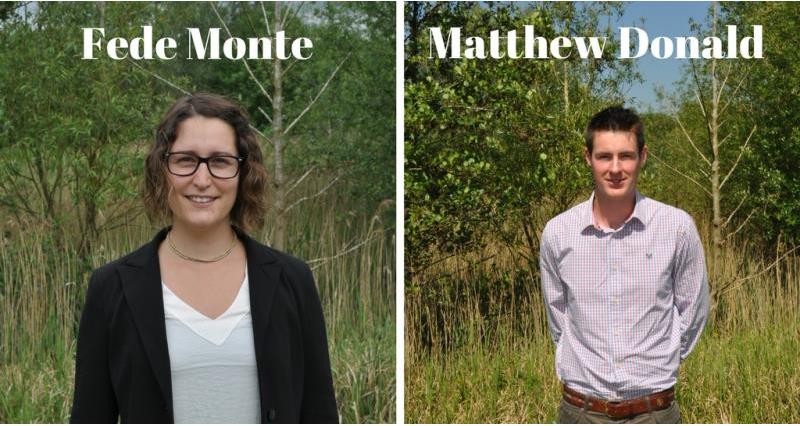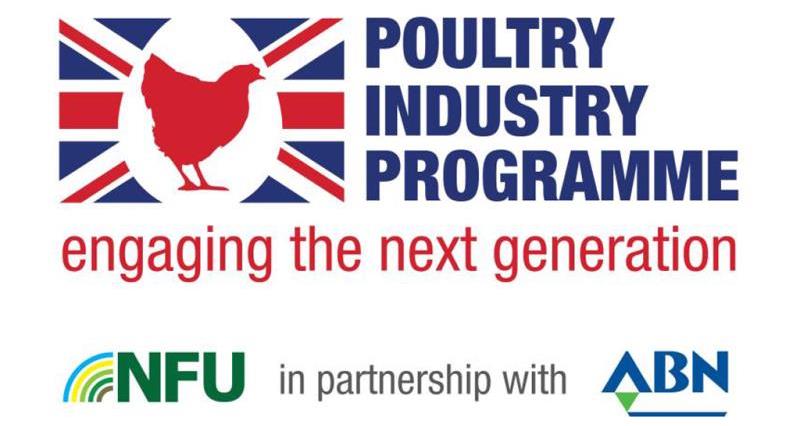Whilst focusing specifically on the traits of a good leader the group were able to identify their own learning styles and how these can help or potentially hinder team dynamics. By completing this activity the group were able to identify the leadership styles of co-workers within their farming business but it was also interesting to recognise the similarities and differences between the various preferred styles of the PIP participants.
Throughout the training participants were encouraged to record actions which they could focus on post-course and set objectives which they could take back to their individual business or job role. These included both personal and career orientated ambitions and ranged from being more assertive to trying to climb the managerial ladder. The group, who we hope will be future leaders of the poultry industry, were also reminded to be SMART when setting objectives:
- Specific
- Measurable
- Achievable
- Realistic
- Timeframe
When setting targets on behalf of a team as well as ensuring everybody knows what the targets are and when they are met it is also recommended that the team members are involved in the process of selecting targets. This will hopefully help to develop realistic targets and encourage the whole team to be invested in achieving the objectives.
An interesting session on addressing emotions allowed those taking part in the course to think about how to best use their energy and identify when they are most productive. Interestingly amongst the group there was a variation in when individuals felt they were most productive, ranging from those who saw themselves more akin with the early bird to those who were more alike a night owl. It’s important to realise that not everyone is the same and therefore recognising these differences and working around them should drive performance within a team. The participants were reminded that to remain productive it is recommended individuals take a short break from their work every one and a half to two hours depending on the kind of work you are undertaking.
In order to be an inspiring leader it’s important to be motivational and the training enabled participants to identify ways in which they could motivate others. One key to this is thinking about the impact you are having on others when leading and being able to recognise when there is a need to be adaptable and change tact in order to fulfil aims and objectives. Whilst working to your own strengths it’s important to remember that the key to communication is listening and asking questions.
The final piece of advice to the future leaders was to think carefully when recruiting personnel to their businesses. Paying particular attention to how an individual will fill the requirements of the role should hopefully help to avoid employing a ‘clone’ which may have undesirable effects.
Feedback from PIP participants:

Federica Monte, a consultant at ADAS said: “I have really enjoyed the training, particularly the personality traits session as I learnt a lot about myself which I can take back to my job”.
Matthew Donald, a broiler breeder producer from Yorkshire said: “The leadership training was very interactive and the sessions were all relevant to my business. I’m pleased we have had the opportunity to take part in this session as part of the NFU’s Poultry Industry Programme”.
Read more about the NFU's Poultry Industry Programme:
